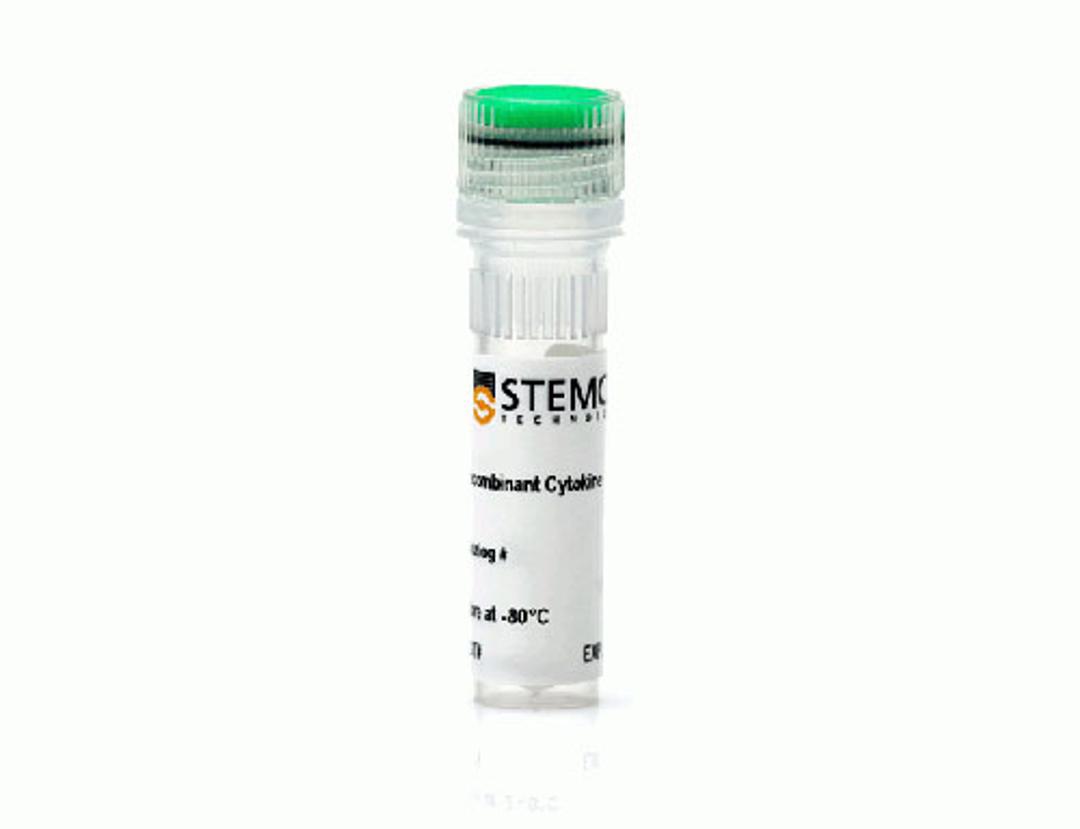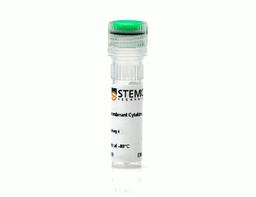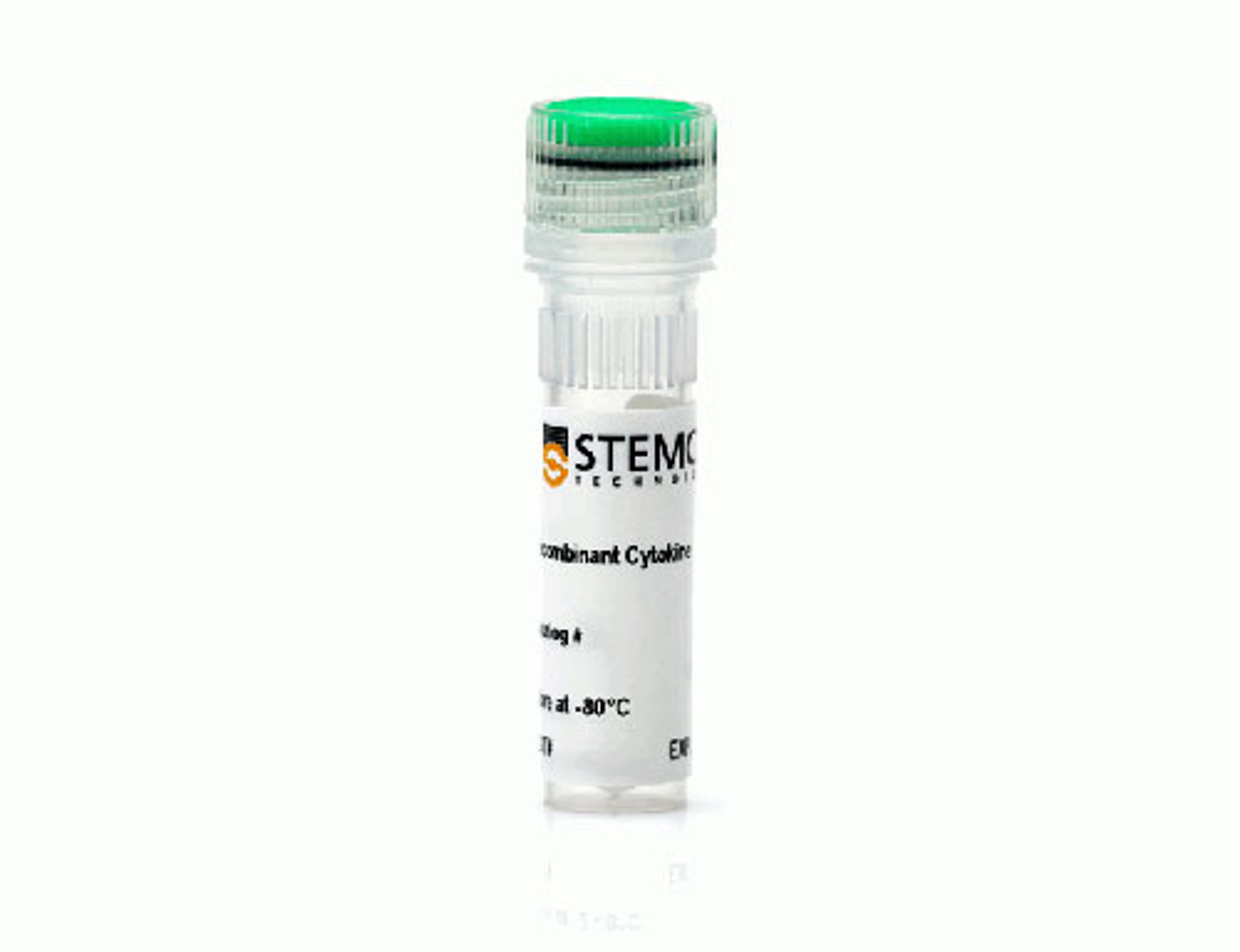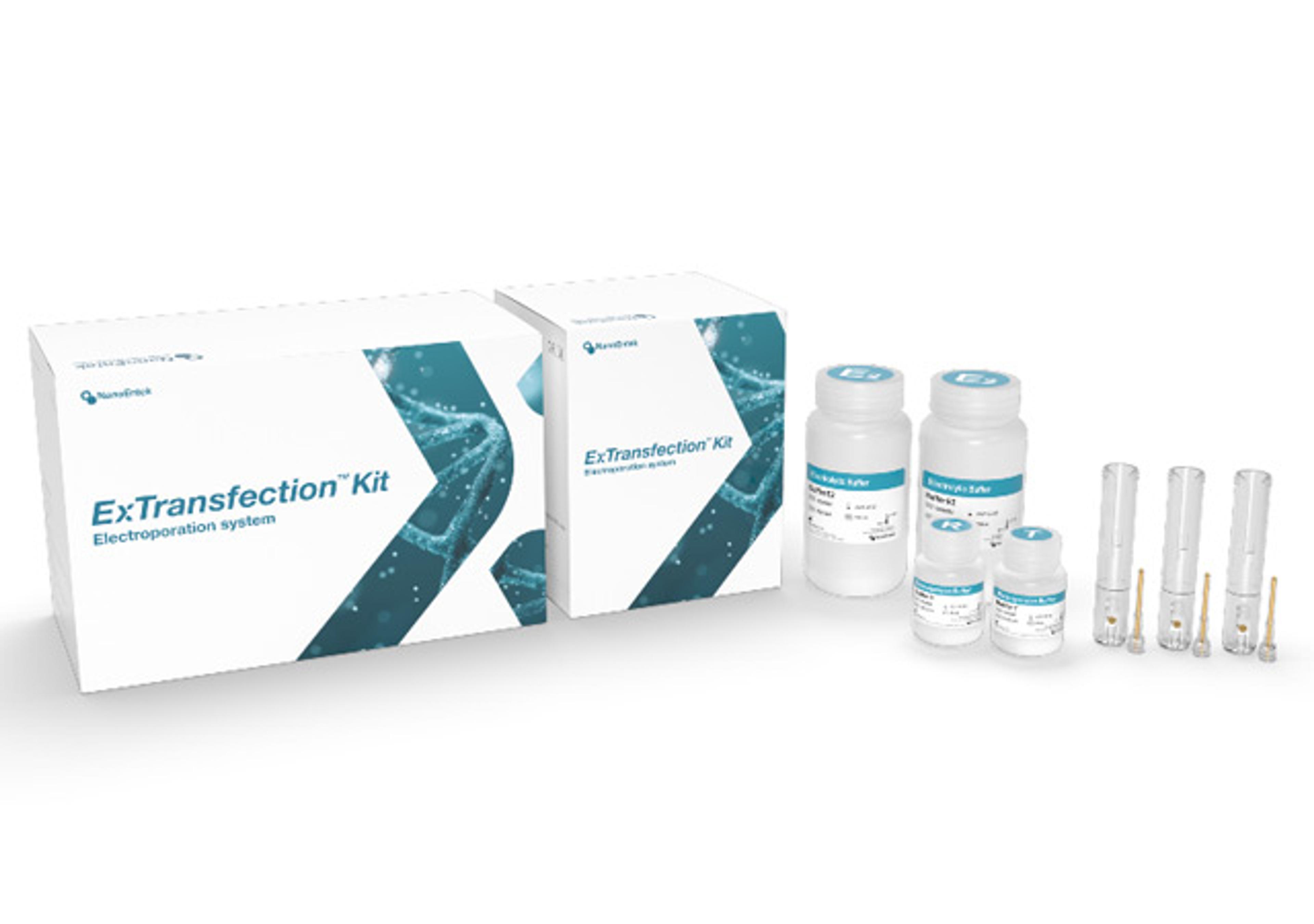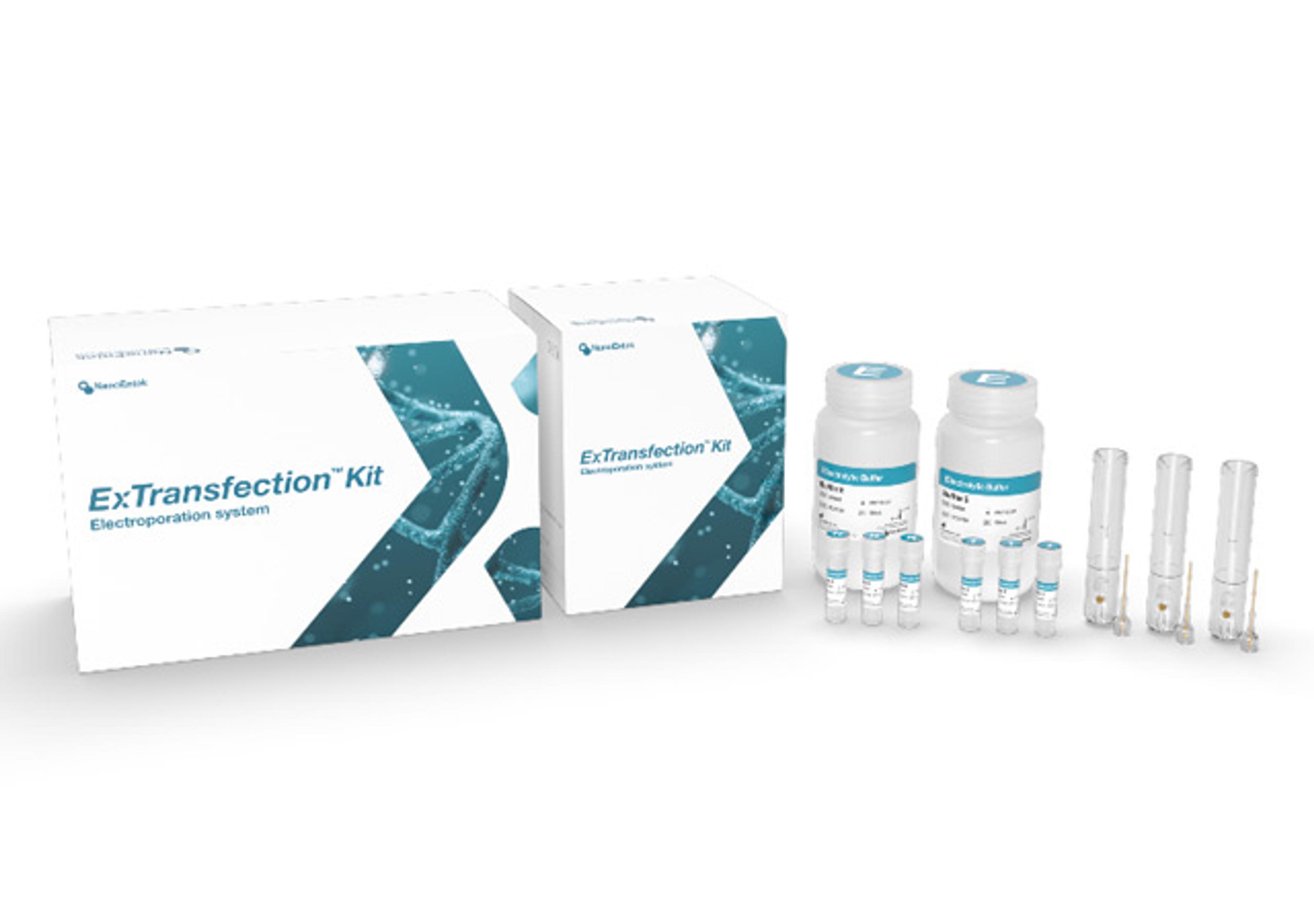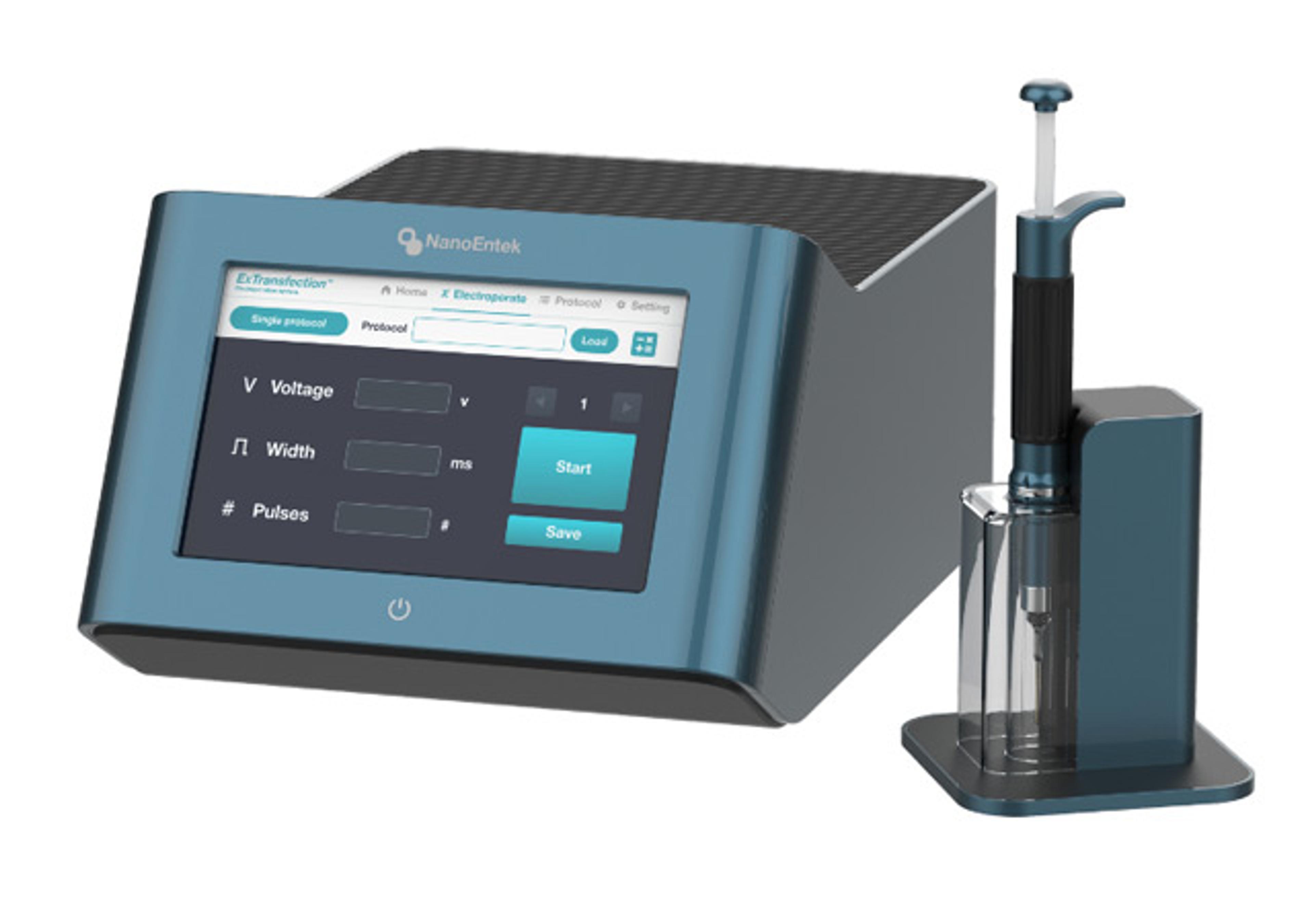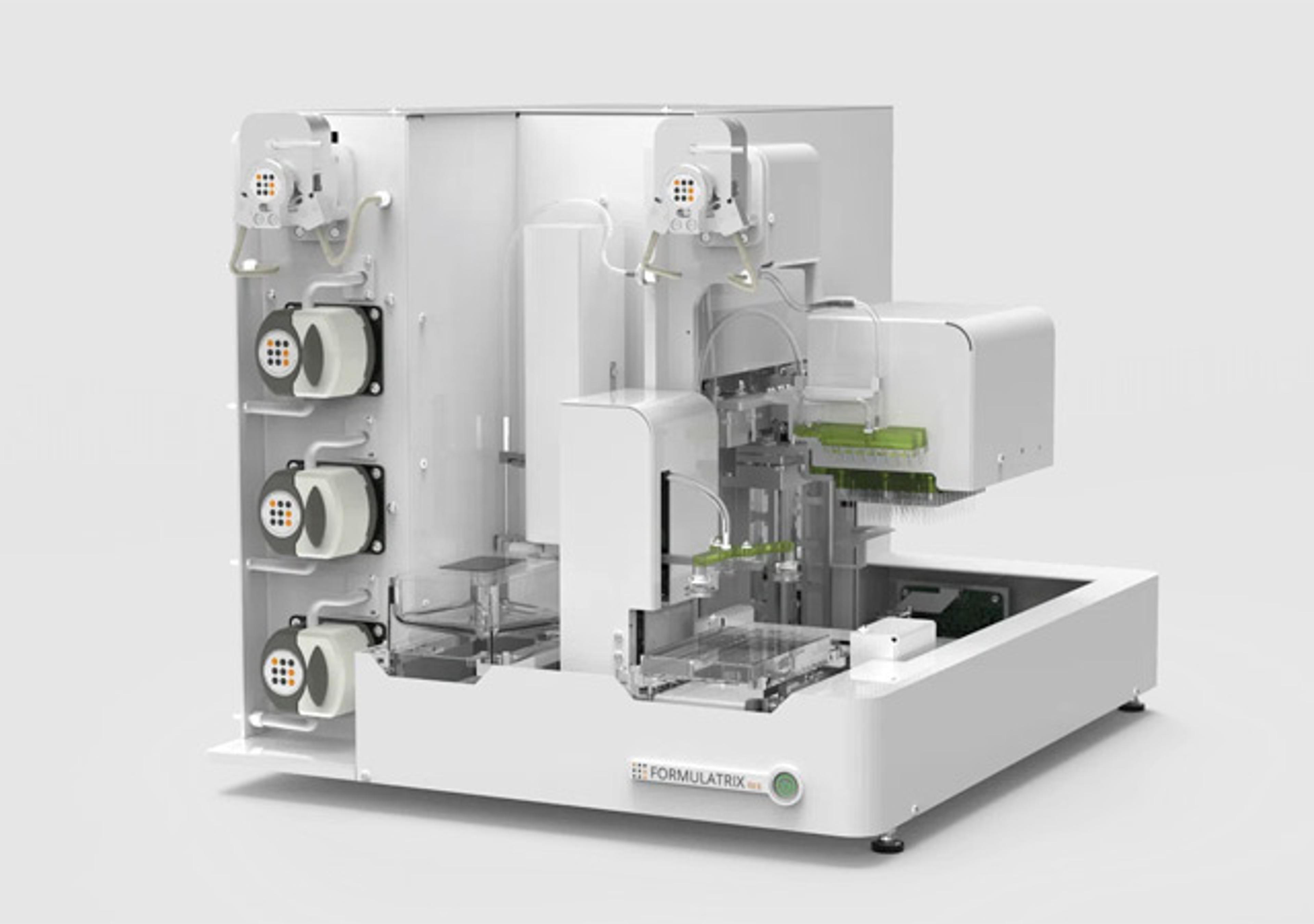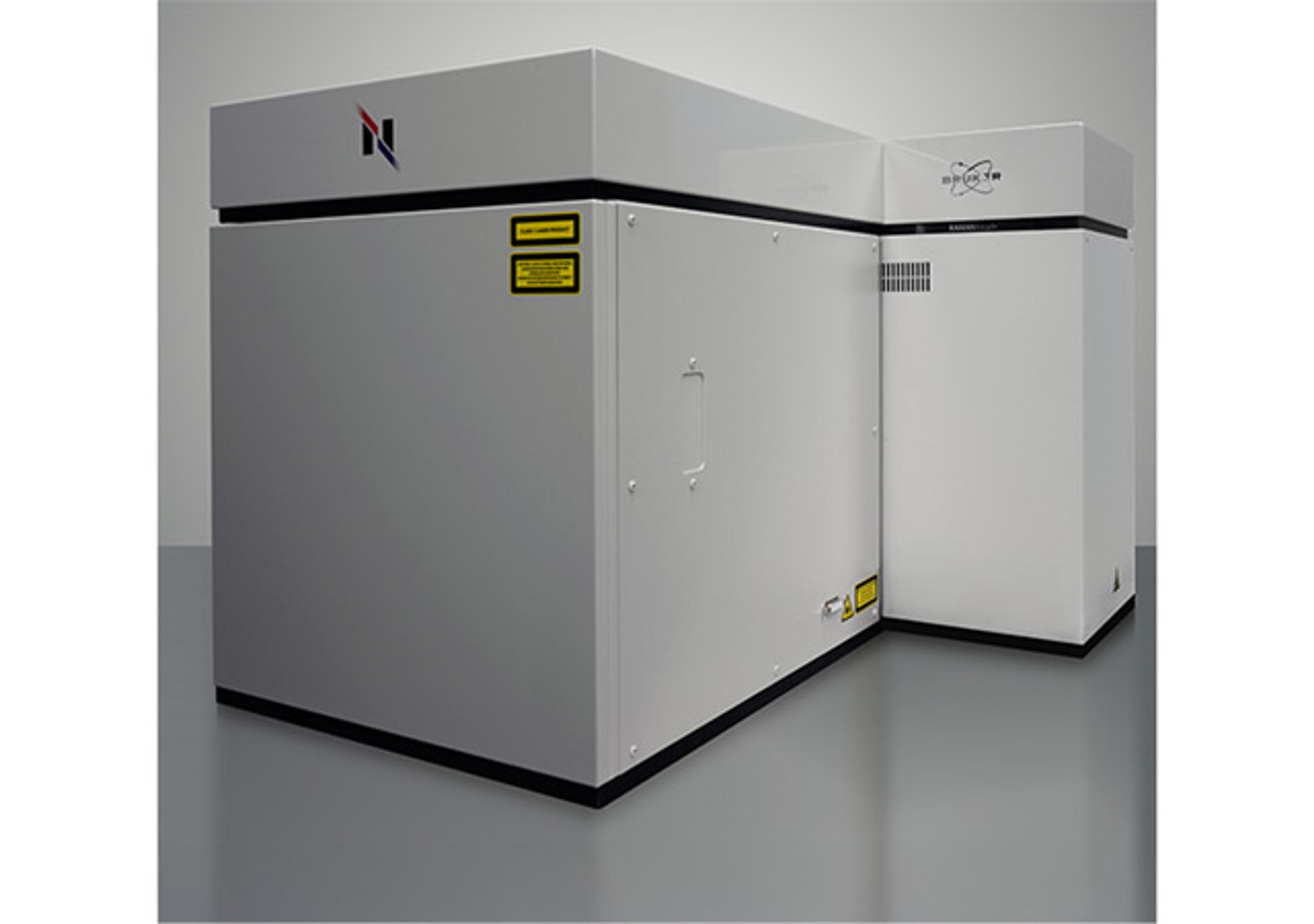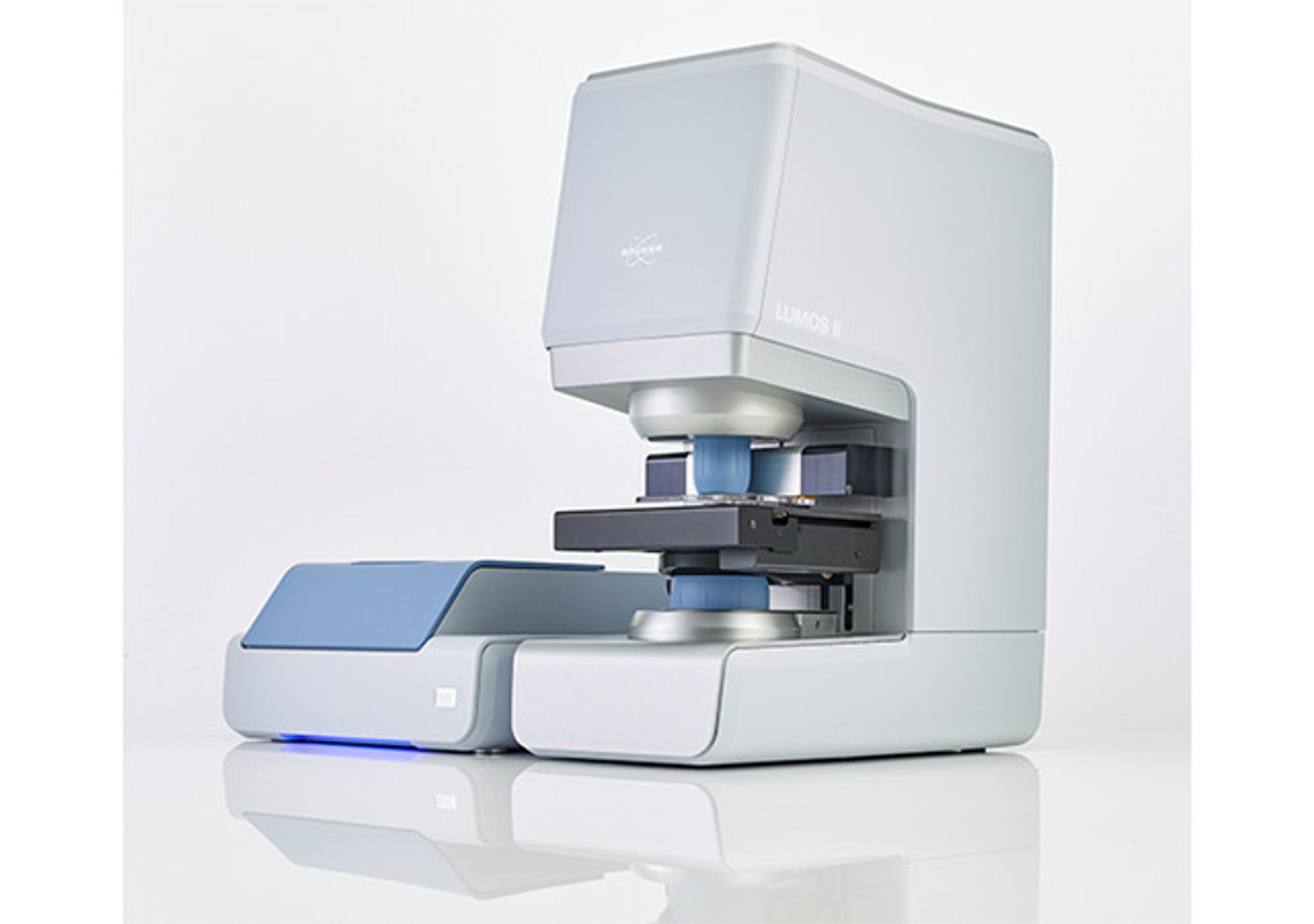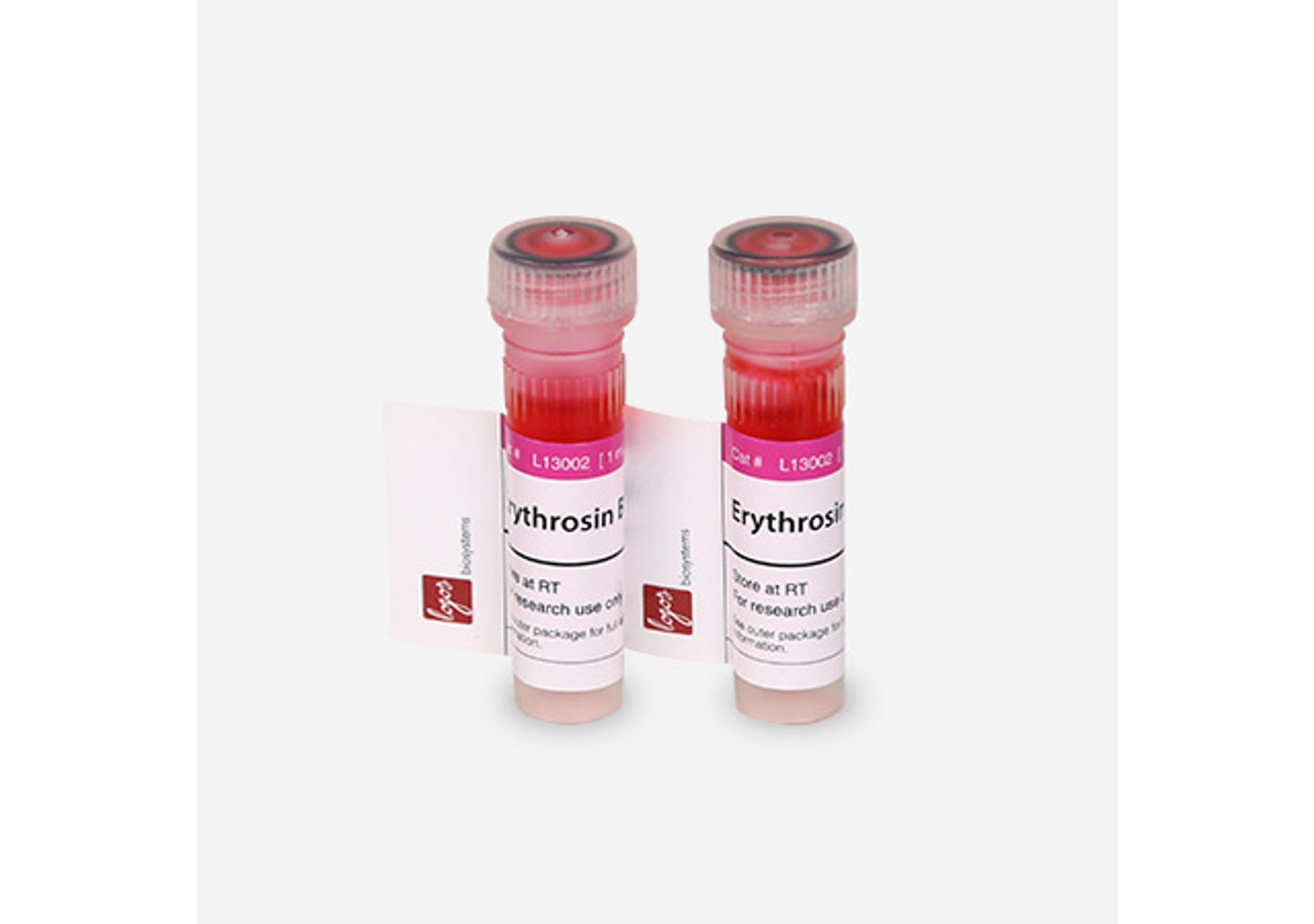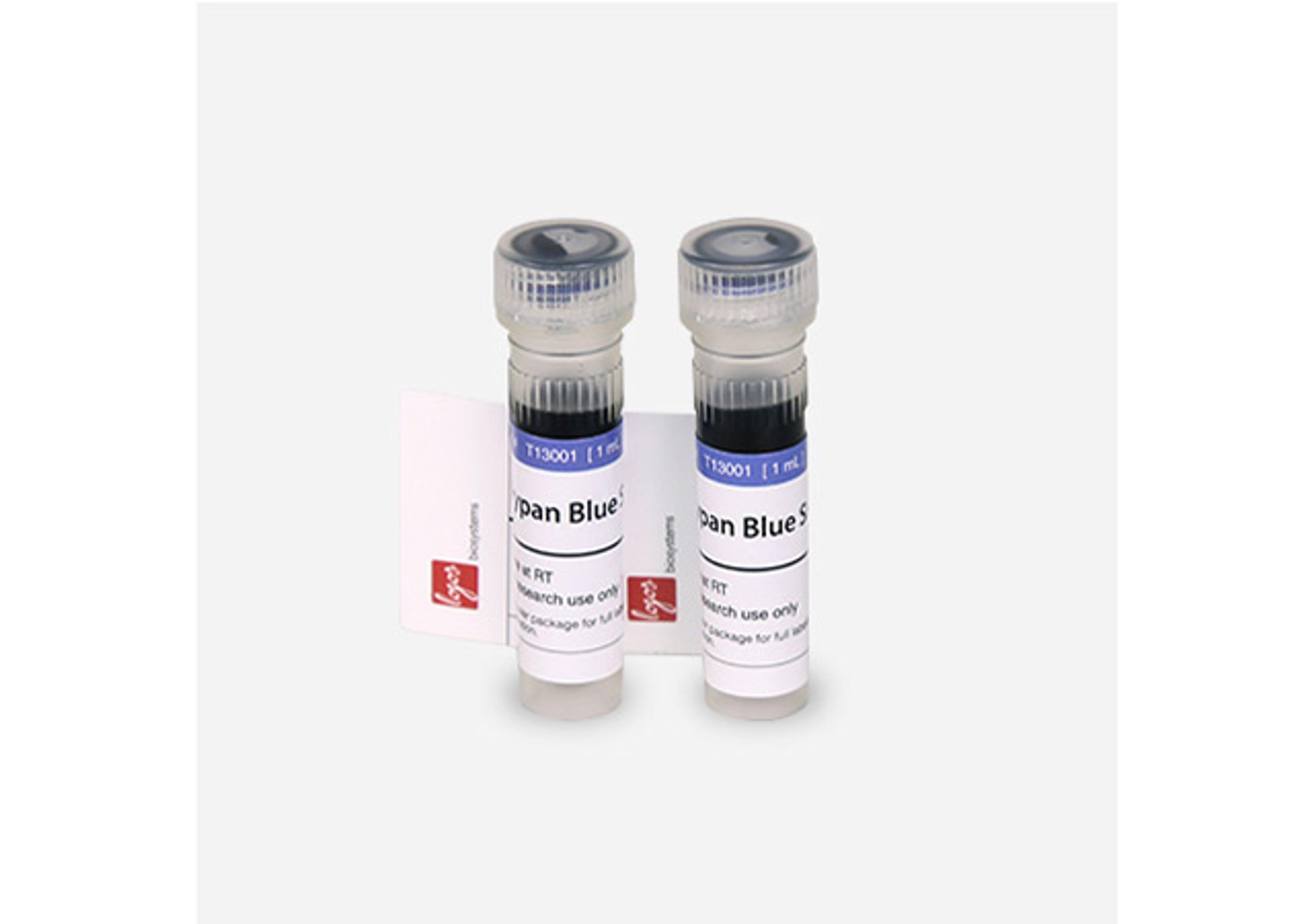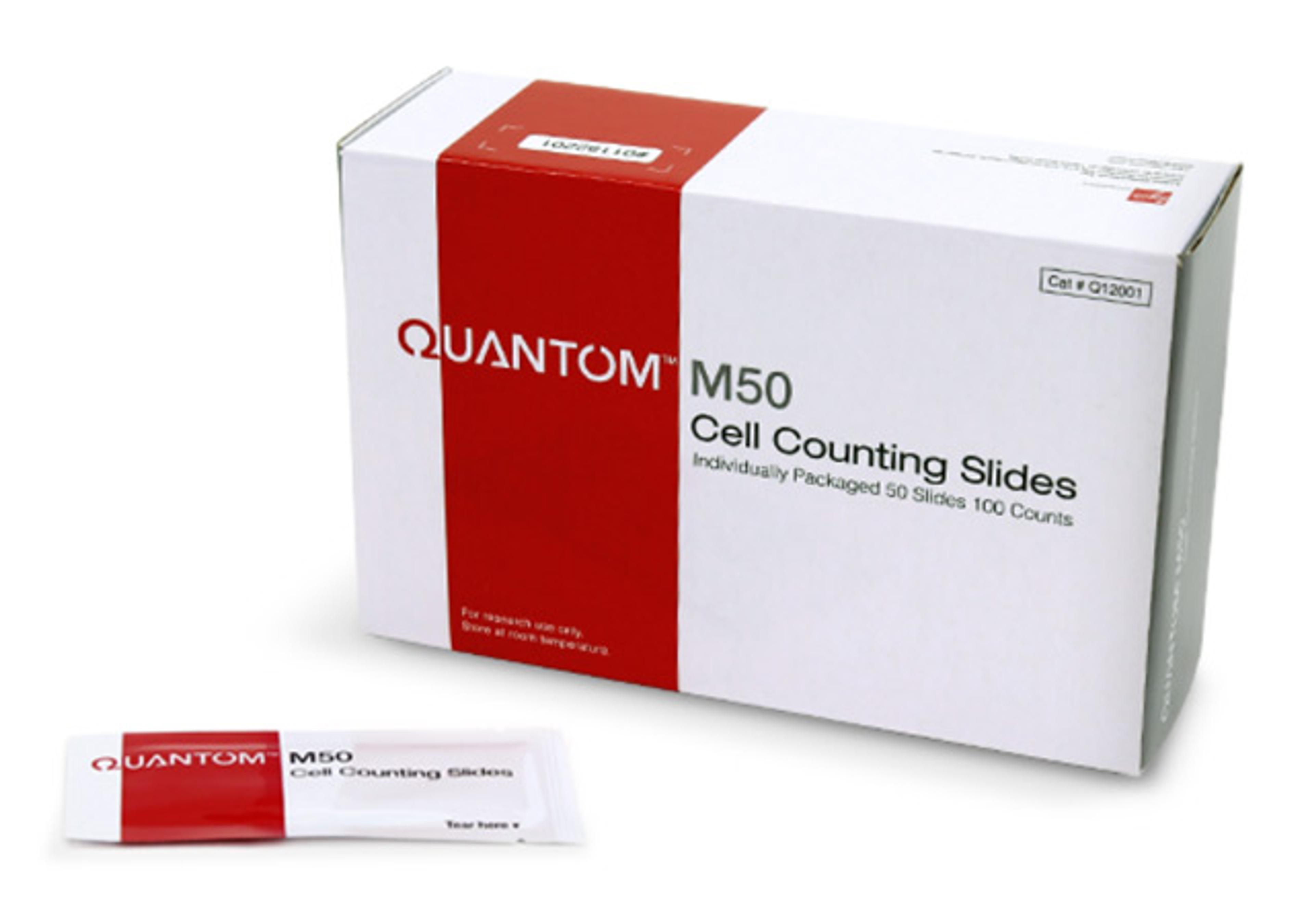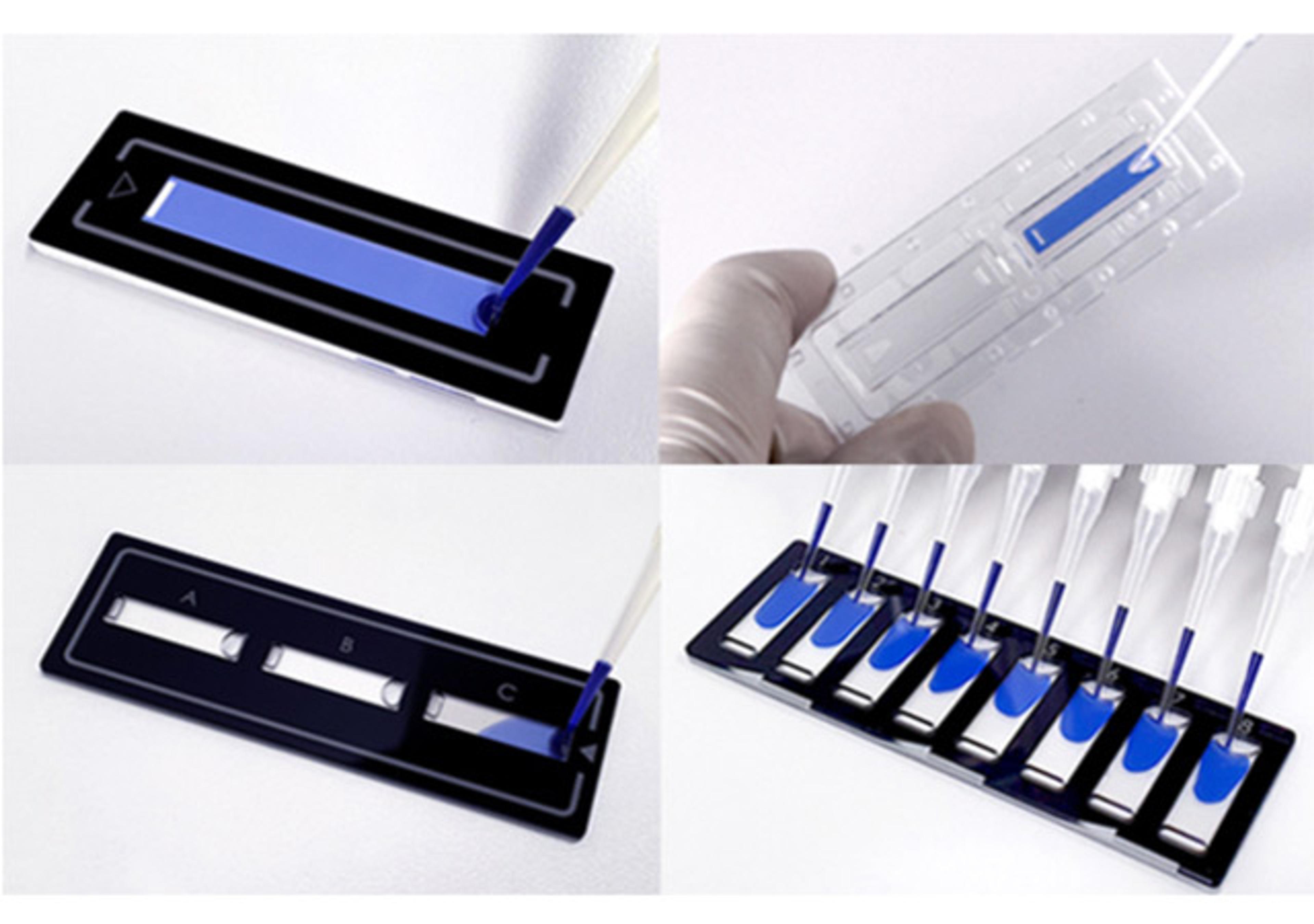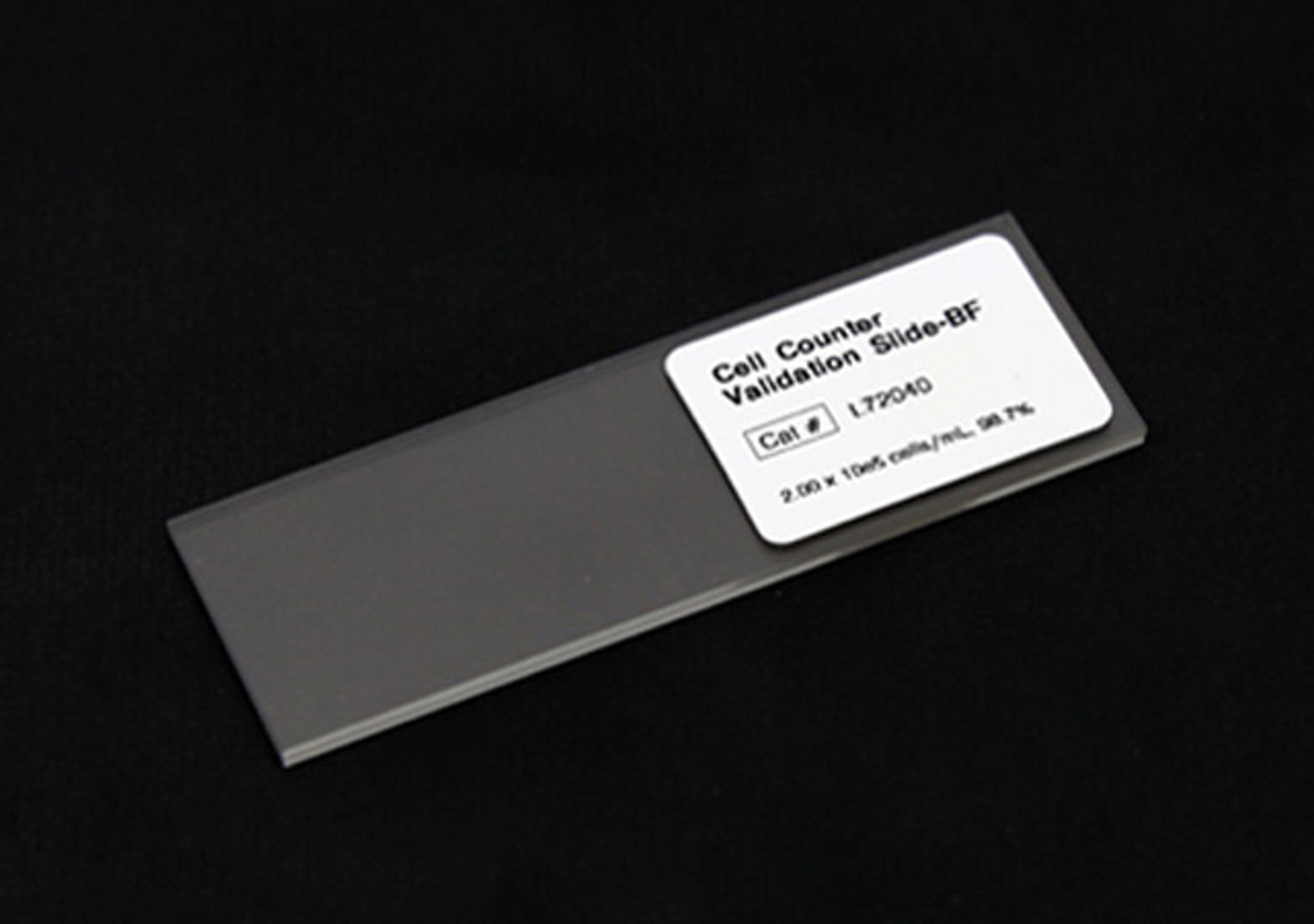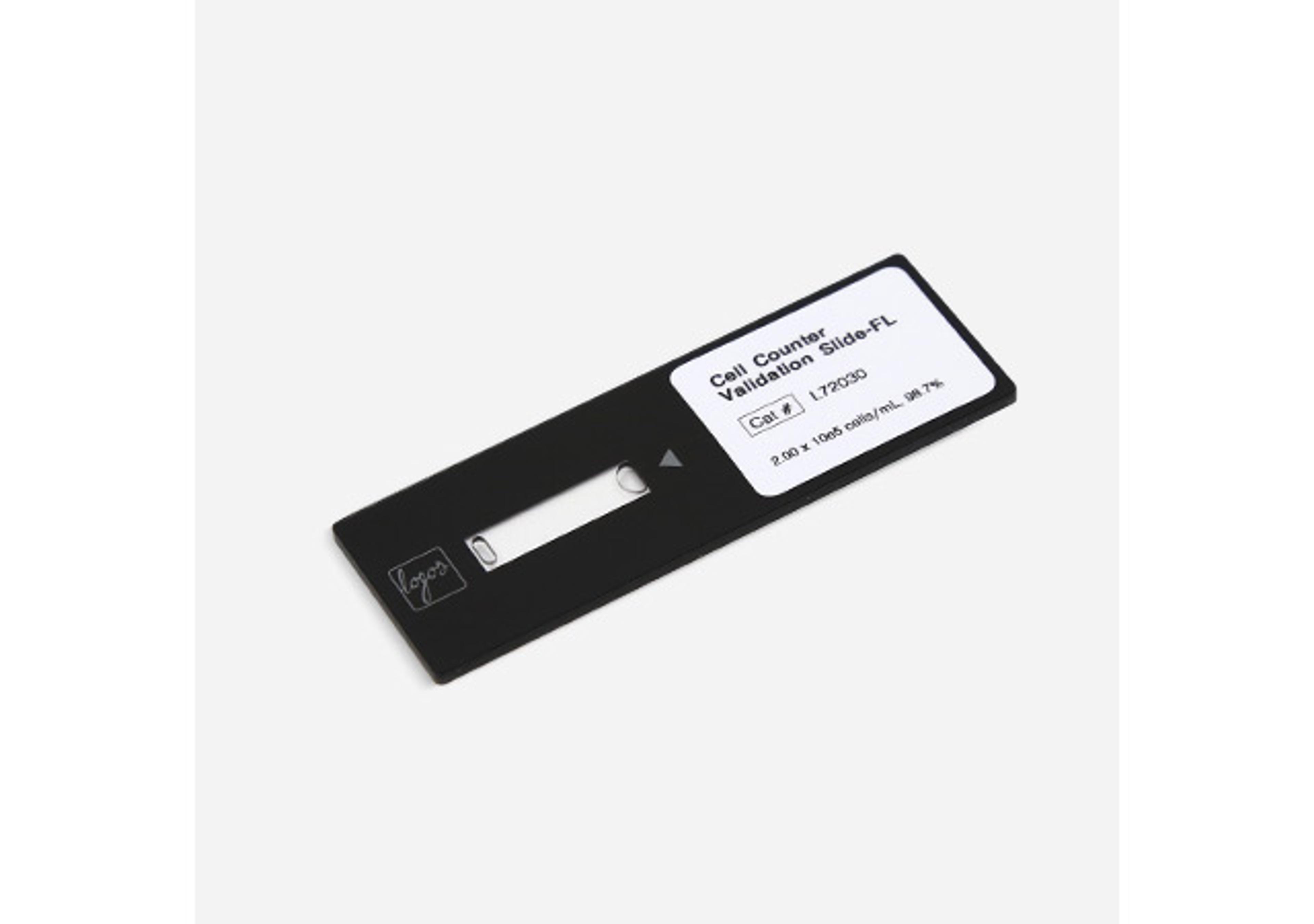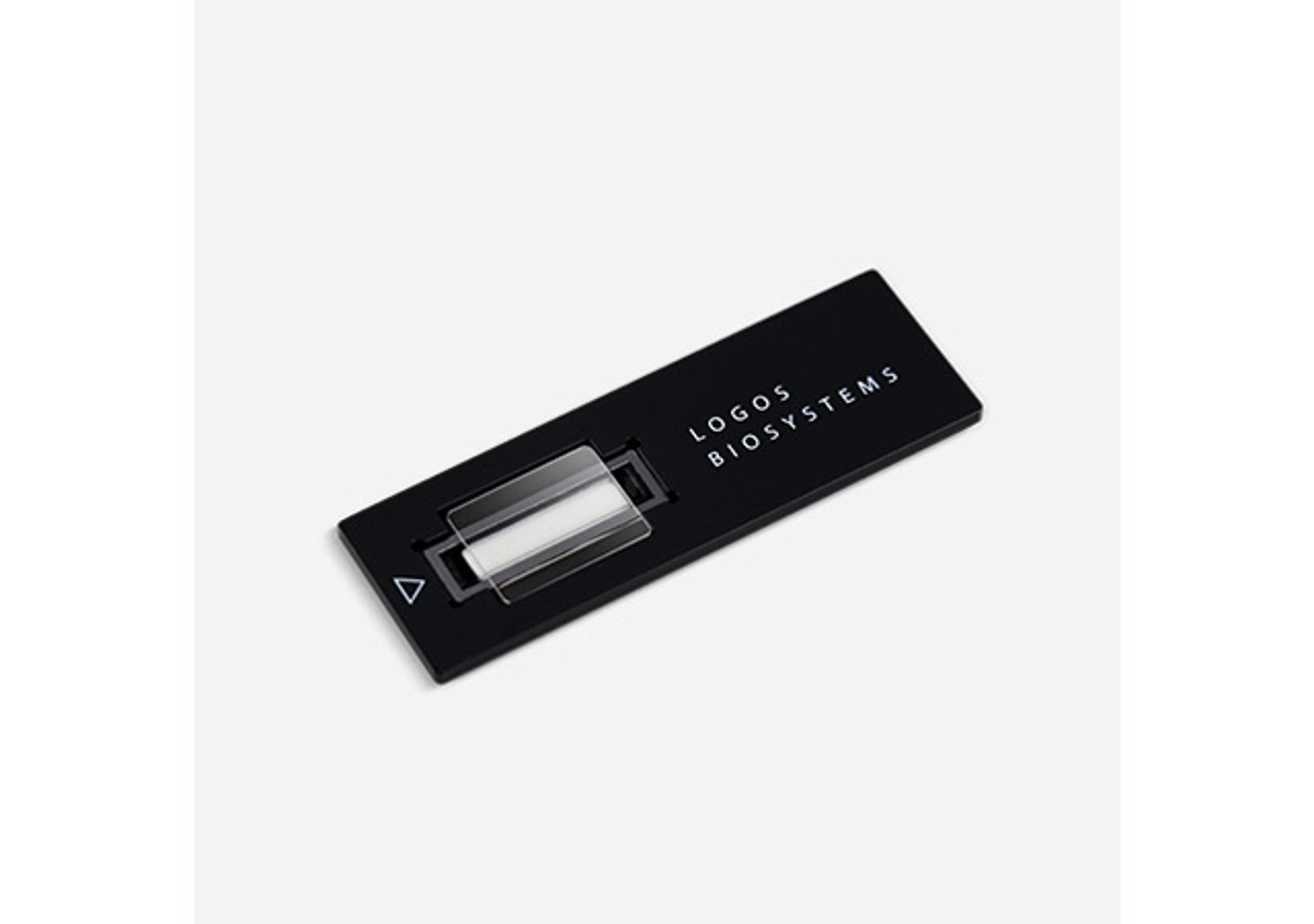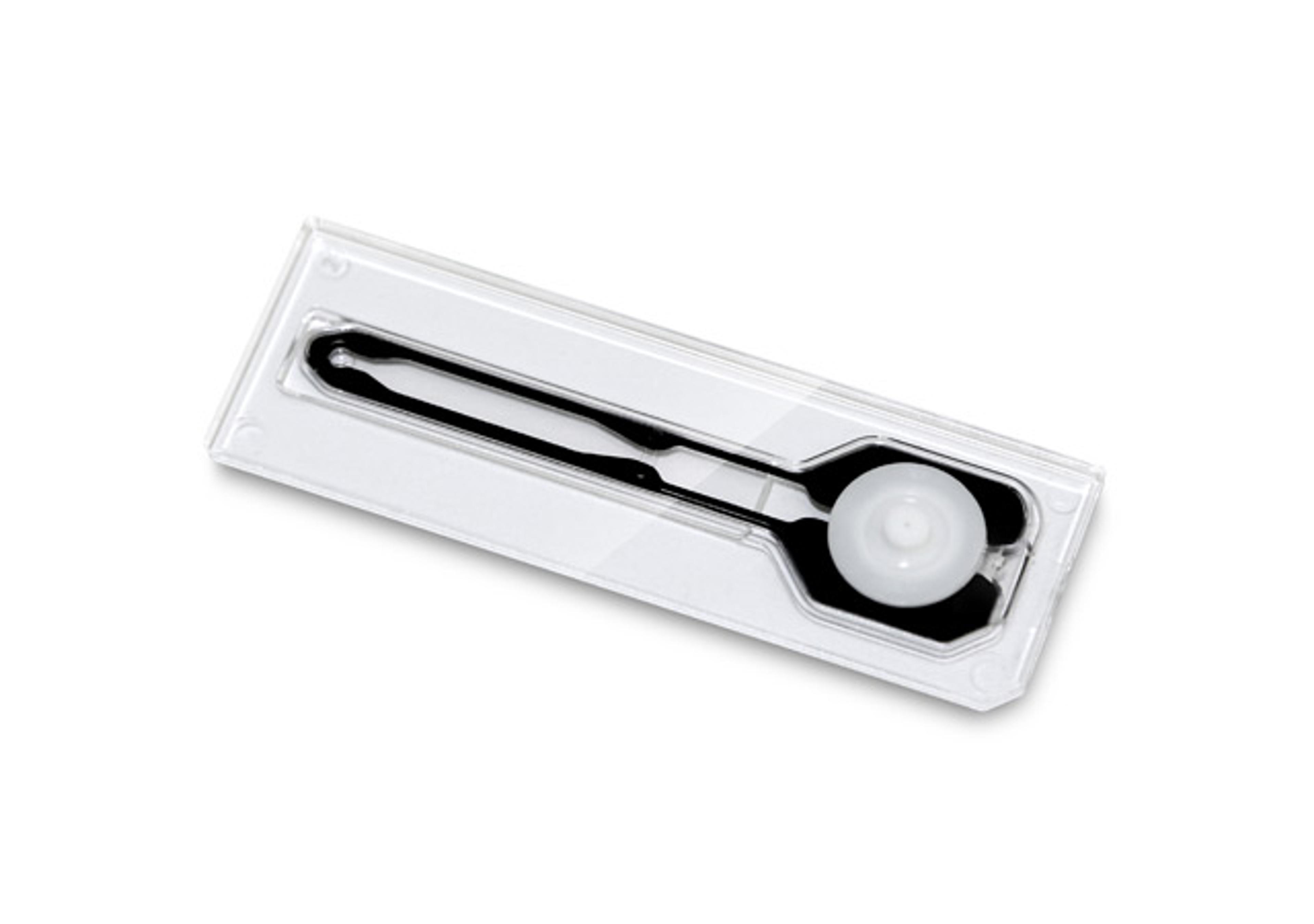Human Recombinant FGF-acidic
Fibroblast growth factor-acidic

The supplier does not provide quotations for this product through SelectScience. You can search for similar products in our Product Directory.
Fibroblast growth factor acidic (FGF-acidic), also known as FGF-1, is a potent activator of DNA synthesis, cell proliferation, and chemotaxis and is known to play numerous roles in development, regeneration, and angiogenesis (Jaye et al.; Galzie et al.; Presta et al.). FGF-acidic is produced by multiple cell types and is capable of activating all cells of mesodermal origin and many cells of neuroectodermal, ectodermal, and endodermal origin. It is found in large quantities in the brain, but is also expressed in hepatocytes, vascular smooth muscle cells, neurons of the CNS, skeletal muscle cells, fibroblasts, keratinocytes, endothelial cells, intestinal columnar epithelial cells, and pituitary basophils and acidophils. FGF-acidic is secreted as a disulfide-linked homodimer and is stored in complex with heparan sulfate, a requirement for its interaction with FGF receptors (Guerrini et al.; Mohammadi et al.). Internalized FGF-acidic signals through protein kinase C and promotes cell survival by inhibiting p53 and proapoptotic signaling (Bouleau et al.).

